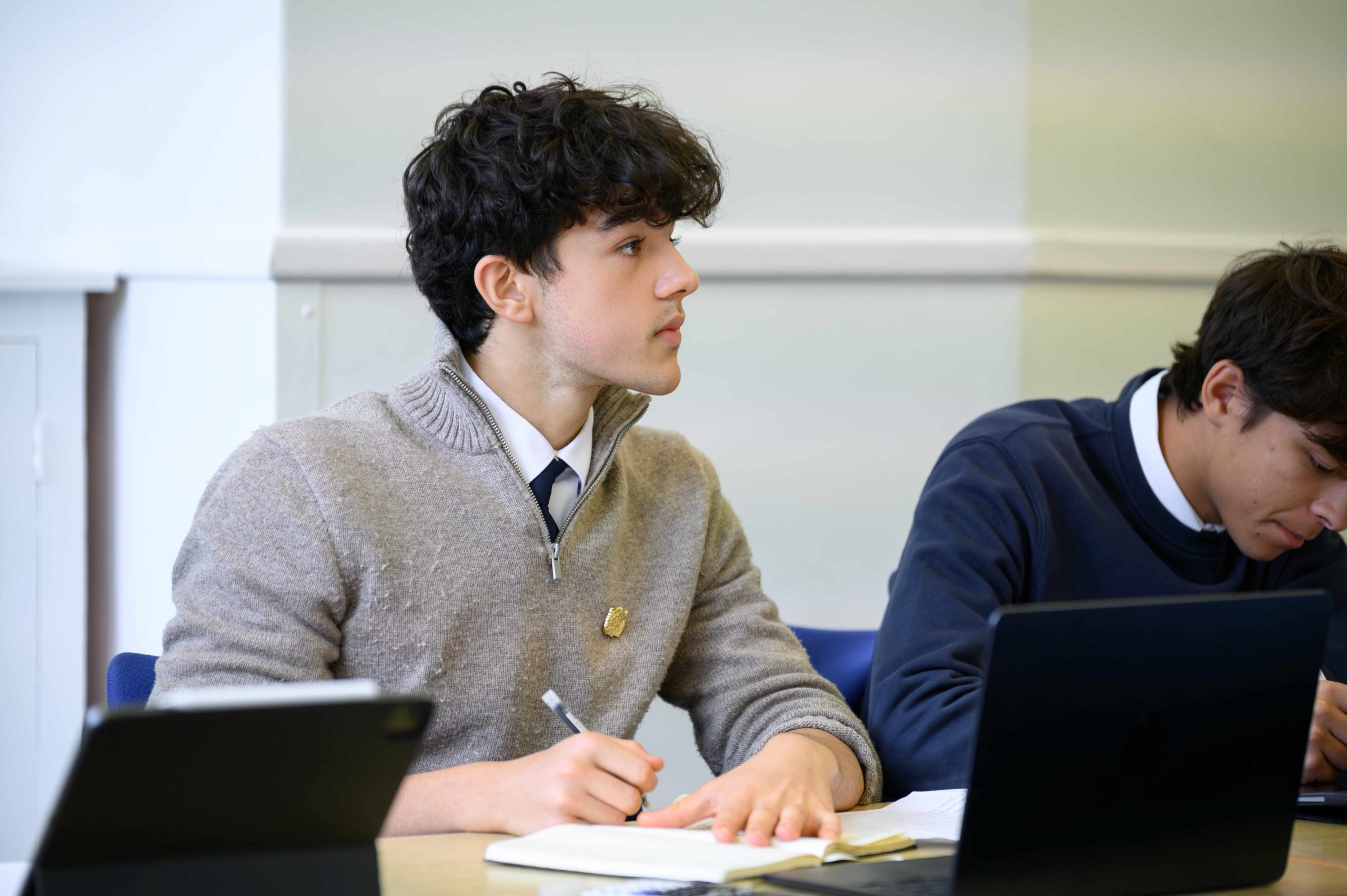Mathematics is a compulsory part of the curriculum in the Lower School; all pupils have four Mathematics lessons a week in each year.
Pupils are prepared first for Mathematics GCSE: we do not accelerate our pupils through these examinations as quickly as possible, meaning pupils cannot take the GCSE a year early. Our policy is instead to provide every pupil with as rich a foundation in GCSE-level material as possible, and this means going well beyond the syllabus in terms of the complexity of the examples pupils encounter, and the flexibility with which they can deploy what they know in unfamiliar problems and contexts. We hope this also gives pupils the opportunity to achieve the best possible grades in their Mathematics GCSE; however, they are likely also to be presented with a considerable amount of additional material that we consider useful, interesting or instructive.
Many will have the opportunity to take part in the National Mathematics Challenges, in which our pupils in the past have done very well. Where appropriate, pupils will also work on material from the A Level Mathematics syllabus and on other topics – in geometry for instance – which are no longer in any school syllabus.

